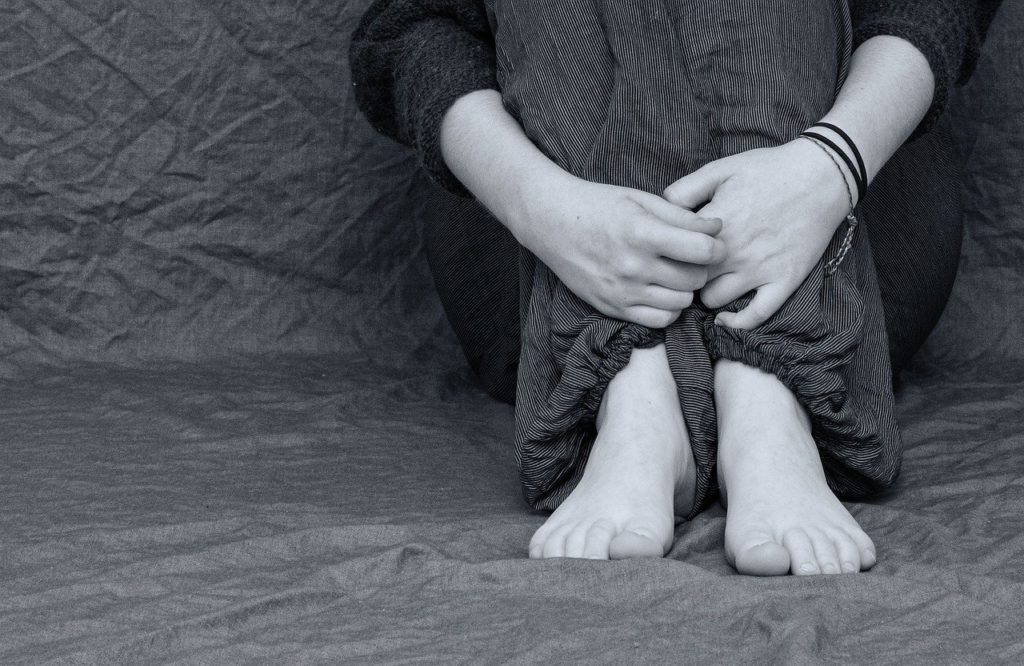In this article, we will introduce
What share houses are like in Japan
Types of share houses
The Pros and Cons
Reccomened Share Houses
How to Move in and What do you need
Sharehouses are especially getting popular among young people in Japan because they can live with other people experiencing new encounters and save money.
- Share Houses in Japan
- The Difference From Room-Sharing
- What do I need to move in a Share House
- The Move-in/out process
- How can I choose a sharehouse
- Upfront cost for share houses
- The Pros and Cons For share Houses
- Recommend Share Houses over Japan
- Recommended Share Houses in Tokyo
- Recommeded Share Houses in Yokohama
- Recommeded Share Houses in Kawasaki
- Recommeded Share Houses in Saitama
- Recommended Share Houses in Osaka
- Recommended Share Houses in Kyoto
- Recommeded Share Houses in Nagoya
- Recommeded Share Houses in Fukuoka
- Recommeded Share Houses in Hokkaido
- Recommeded Share Houses in Sendai
- Recommeded Share Houses in Kobe
- Recommeded Share Houses in Okinawa
- The true value of living in a Share House
Share Houses in Japan

Share houses are normally managed and operated by business operators. As contracts are signed individually, each residents has to pay the rent respectively.
In addition, house rules are set in advance so that there will be fewer troubles with other residents in their daily lives. In case of trouble between the residents, it will be solved based on the contract and the operating company will take care of it.
The Difference From Room-Sharing
Room sharing in Japan means that people who have known each other share one property (dwelling unit / building) and live in it. Technically, living together or moving in with siblings is also a room share.
As a general rule, one representative and other residents make a rental contract in the form of a joint name.
What do I need to move in a Share House

Basically, you need these things for the contract.
・Passport
・Residence card
・Emergency contact
・Alien Registration
・Bank account
・Guarantor
・Japasnese Skill
Besides these documents, you don’t need much stuff since rooms are furnished in share houses. If you wanna know more, the details are here
The Move-in/out process
The Move in/out process for share houses is usually less complicated than that for apartments. Click here for the detail.
How can I choose a sharehouse

There are various types of share houses in Japan, making it difficult to choose one. If you don’t know what you want, it’d be easier for you to choose one based on these criterias.
Concept
Taking advantage of the characteristics of a share house as a community, the number of share houses with a concept is increasing. These are most popular concepts
- Music
- Pets
- Work from Home
- Meal Included
- For Single Mothers
- Language Exchange
- Programmer
Although share houses with these concepts are usually more expensive than normal share houses, the residents are more likely to be enthusiastic and interesting because they choose to live, in spite of the expensive rent.
Size
Another criteria is the size of share houses. Large share houses have more than 100 rooms while small ones can only accommodate 5 people. It’s really important what kind of life you are expecting in a share house.
Large :
Pros : Can make many friends and spacious facility
Cons : Superficial relationships with other residents, less privacy
Small :
Pros : Can get very close to other residents and more privacy
Cons : Smaller lounge, Can’t make many friends
We recommend medium-size share houses (30~60 residents) because they are well- balanced.
Budget & Room
There are mainly two types of rooms.
Private room type for one person
Dormitory for 2 or more people
Dormitories are usually cheaper so if you don’t mind living with other people, it’d be a good idea.
With a dormitory room, you can save around 20,000 yen a month.
Upfront cost for share houses
The upfront cost varies depending on share house. Although some share houses charge deposit and key money when moving in, the majority of them don’t have these fee. Instead, they have contract fee, which is around 20,000 yen.
Contract Fee : 20,000 yen
Rent : 50,000 yen
Common Service Fee : 15,000 yen
Total : 85,000 yen
In many share houses, the contract period can start from one month. However, you may be required to pay a renewal fee or re-contract fee each time you extend the period. Make sure to go through the contract details carefully in advance.
The Pros and Cons For share Houses
Pros

Easy to move in
The moving-in process in Japan is one thing you really want to avoid. Not only is moving-in an apartment so stressful especially for foreigners, but the initial cost of it is usually very expensive. It can be five times of the first rent and you also have to furnish your apartment yourself, which adds up the initial cost.
On the contrary, most share-houses are so foreign friendly that you can skip many pain in the neck processes, and, in most cases the initial cost for share houses is by far cheaper than which for an apartment. Rooms usually come with furniture so you can even start living in the share house without move-in shopping.
Rent
The rent for most share houses are usually cheap compared to a single-apartment in the same area. Utilities and internet are usually included in called the common service fee and this fee is usually much cheeper than the contract you make with the companies yourself.
Community
We think the biggest pro of living in a share house is that you can befriend new friends and help each other out. For example, when you need something or you are sick, you can always ask for help which I guarantee, eases the stress of living in Japan. Japan is far from an easy country to live for foreigners, so it is always better to have someone help you out.
Cons

Privacy
Once you get out your room, that’s where the share-area starts and you have to be considerate to other residents. Everyone’s lifestyle is different and sometimes it can be a bit stressful for you. If you live in a share house, a compromise is sometimes needed.
Hygiene
Sharing the restrooms, shower rooms and kitchen with other residents can bother you, especially if you are a clean freak. The biggerandcheapershare houses are, the dirtier they can get.
You also have to be careful if you move into super cheap share houses because the residents are inclined to lack morals and the share house can be dirty and shabby
If you have a germphobia, share houses would not be the best option for you.
Do your personality suit a sharehouse lifestyle?
Each resident has their way of thinking but it doesn’t mean you have to change yours and adjust to them. If you are a bit interested in living in a share house, just try it! I’m pretty sure you will have valuable encounters.
However, since it’s share house, these questions are what you should ask yourself.
Can you follow the rules and manners?
Do you compromise when troubles happen?
Can you share water with other people?
Do you have a minimum social skill?
If you can say yes to these questions, you can enjoy living in a share house.
Recommend Share Houses over Japan
Recommended Share Houses in Tokyo
Recommeded Share Houses in Yokohama
Recommeded Share Houses in Kawasaki
Recommeded Share Houses in Saitama
Recommended Share Houses in Osaka
Recommended Share Houses in Kyoto
Recommeded Share Houses in Nagoya
Recommeded Share Houses in Fukuoka
Recommeded Share Houses in Hokkaido
Recommeded Share Houses in Sendai
Recommeded Share Houses in Kobe
Recommeded Share Houses in Okinawa
More share houses are here
The true value of living in a Share House
By living in a share house, you can enjoy various things that are different from living alone.
Living with people of different ages, professions, lifestyles, and sometimes cultures will be a valuable experience that you won’t get anywhere else.
It can be said that an increasing number of people are choosing to live alone with others in search of added value.

















Comments